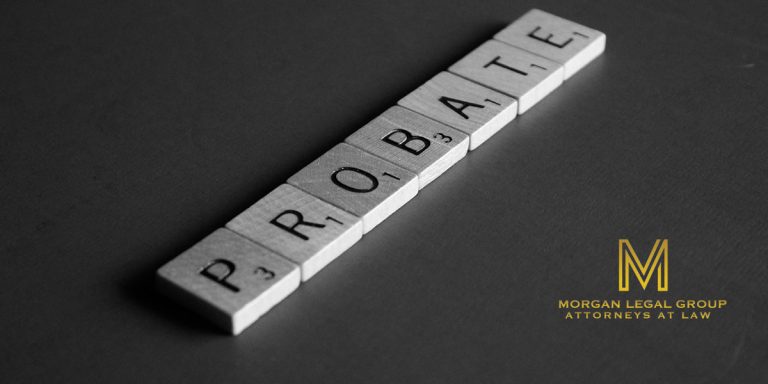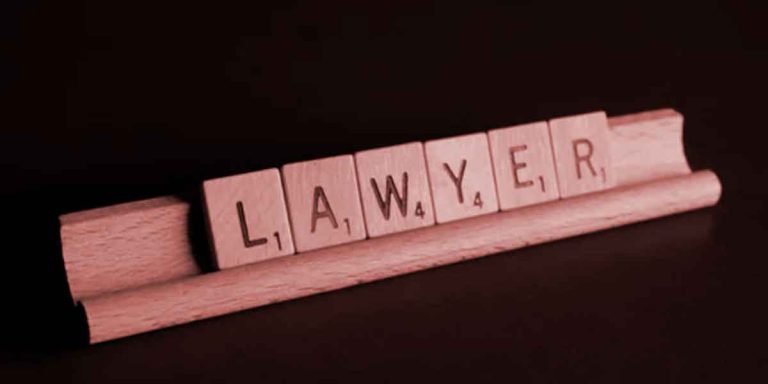How Long After Death Is a Will Read?
The timing for reading a will after someone’s death can vary significantly based on jurisdiction and specific circumstances. Here’s a general overview:
Immediate Actions
Immediately after death, efforts to locate the will and other important documents begin. This can take from a few days to several weeks.
Probate Process Begins
The will must be filed with the probate court to start the probate process, usually within 30 to 90 days after death, depending on local laws.
Reading of the Will
Contrary to popular belief, a formal “reading of the will” is more of a dramatic trope than a legal requirement. Once filed with the court, the will becomes a public record.
Notification of Beneficiaries
After filing, the executor notifies all beneficiaries and heirs at law of the probate proceeding. This happens relatively quickly but varies based on several factors.
Overall Timeline
The probate process, from filing the will to distributing assets, can take from a few months to several years, depending on various factors.
Estate Planning Lawyer & Reading Wills
A will read can be anywhere from days to decades after the death of a person if the deceased person has appointed an executor. Then that person will be reading the will if it’s not opened during their lifetime. The executor would have to open the will in front of two witnesses.
It is possible for a judge to grant permission for a family member or friend to read the will. If they have been named as executors by their friend/relative and can prove that they are next of kin. If no one is named an executor or granted permission by a judge. Then it’s up to the law on where it should be read.
Codicils are additions to a will that can change how assets are distributed among beneficiaries. A codicil must have a different date to serve as an amendment. The rules for codifying vary slightly from one state to another. The primary requirement is that you must be of sound mind when making them. They must also be handwritten with pen and ink on paper.
Drafting a Will
Wills are a legal document that serves as a person’s final wishes. They outline what the person wants to happen with their property, possessions, and money after they die. Planning your estate is also known as estate planning. It is a process that involves dealing with the death of one’s self or loved ones. Estate planning lawyers usually advise on how to organize your finances and distribute property when you die.
An estate plan is a process of determining how assets will be distributed. That is cared for after an individual passes away. The most common documents in an estate plan are wills, beneficiaries, and powers of attorney. It is important to have all these documents updated. It’s to reflect changes in your life, such as marriage or a new child. The following are some of the other common documents in an estate plan: health care power of attorney and prenuptial agreement. There are also digital assets and pet care.
A will provides directions on how to distribute a person’s assets after they die. It’s by determining who will take ownership and what those people should do with the assets when they receive them. A will can also specify who will be able to act as executors of an estate if there is no appointed executor in place.
Will Attorneys For You
Some people find writing their wills very difficult and emotional. All because it can be hard to face the fact that they will soon die. They often hold off on doing so until they are faced with a life-threatening situation. This or a major family event such as the birth of a child or grandchild. This explores why and how we write wills, who should write them, and what should be included in them. Whether we need attorneys to help us with this process.
Reading wills is a legal requirement for all of the US unless they are written in a language other than English. Wills are documents that set out what we want to happen to our assets after death. They detail who will get our assets and how the money will be distributed. In order for us to be able to write a will, we need to know this. Whether or not it needs to go through probate usually depends on the size and type of estate as well as where you live in the US. We also need to have information about our assets so that we can make decisions about who will inherit them in our wills.
Morgan Legal Group P.C.
For extra information, contact Morgan Legal Group P.C. by telephone or email. You’ll get the offerings and answers you need. You can also browse our website for any different offerings and data on that. So, diagram now for protection tomorrow and book a consultation. You’ll get quality property planning services supplied in New York. Depending on the service you need, the prices vary. Find out as soon as possible to know what you want or even need. Know extra about taxes and design your property or future with confidence. So plan now for a safe tomorrow!
































